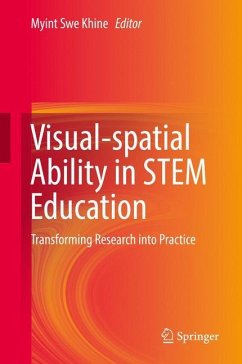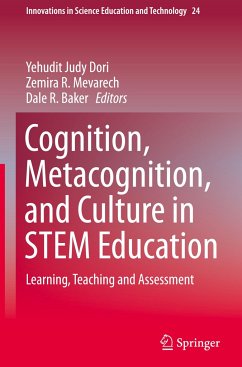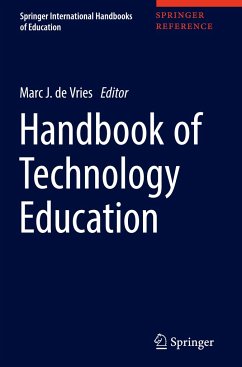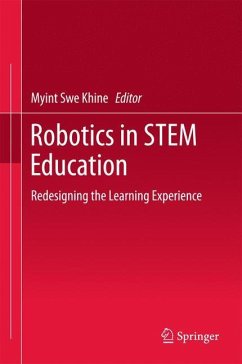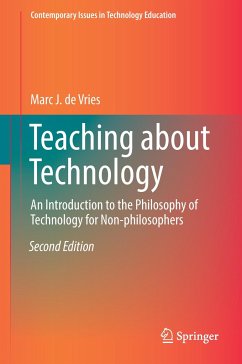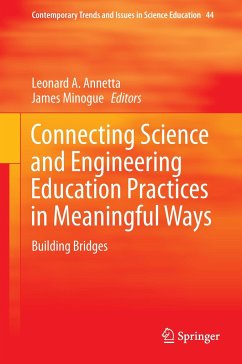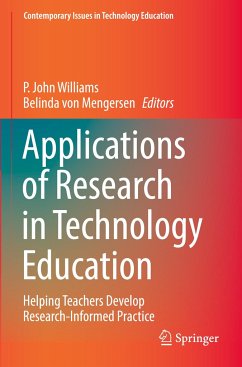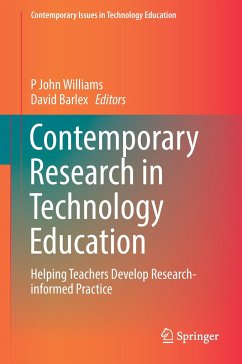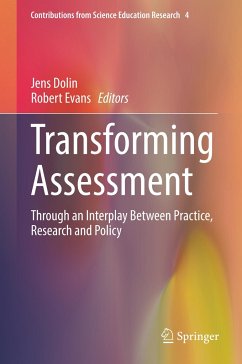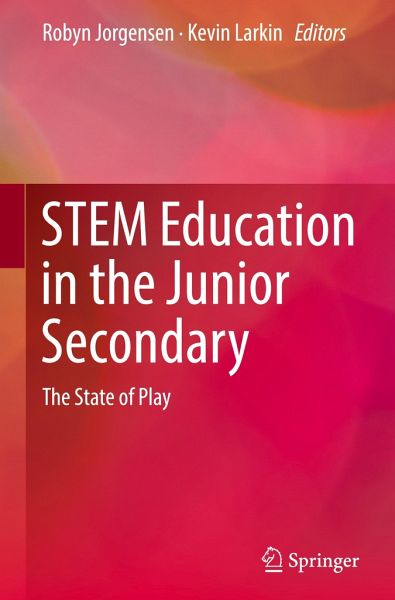
STEM Education in the Junior Secondary
The State of Play
Herausgegeben: Jorgensen, Robyn; Larkin, Kevin

PAYBACK Punkte
38 °P sammeln!
This book brings together a collection of internationally renowned authors in the STEM field to share innovations in the teaching of STEM. It focuses on the junior secondary years of education (students aged 11-15), since this is the age range in which students choose whether or not to formally opt out of STEM education. It is here that the book makes a significant contribution to the field by integrating the STEM area and focusing on the junior years of schooling.While developing this book, the editors drew on two main premises: Firstly, STEM is seen as the integrated study of science, techno...
This book brings together a collection of internationally renowned authors in the STEM field to share innovations in the teaching of STEM. It focuses on the junior secondary years of education (students aged 11-15), since this is the age range in which students choose whether or not to formally opt out of STEM education. It is here that the book makes a significant contribution to the field by integrating the STEM area and focusing on the junior years of schooling.
While developing this book, the editors drew on two main premises: Firstly, STEM is seen as the integrated study of science, technology, engineering and mathematics in a coherent learning paradigm that is based on real-world applications. Secondly, it is important to integrate digital technologies into STEM education beyond the superficial use of ICTs seen in many schools.
The book also addresses the challenges within STEM education - many of which are long-standing. To this end, it includes chapters o
n marginalised and diverse communities, ensuring that a broad range of perspectives on STEM education is included.
While developing this book, the editors drew on two main premises: Firstly, STEM is seen as the integrated study of science, technology, engineering and mathematics in a coherent learning paradigm that is based on real-world applications. Secondly, it is important to integrate digital technologies into STEM education beyond the superficial use of ICTs seen in many schools.
The book also addresses the challenges within STEM education - many of which are long-standing. To this end, it includes chapters o
n marginalised and diverse communities, ensuring that a broad range of perspectives on STEM education is included.



